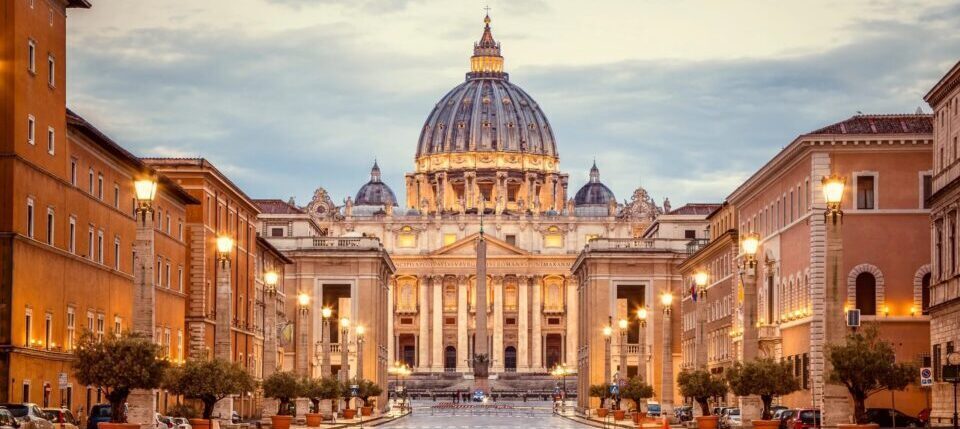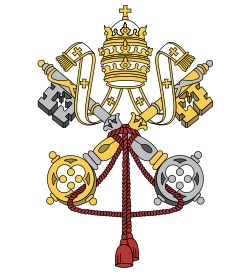We are called “to reverse course,” as Jesus asks us, and to “change history,” Pope Leo XIV insisted during his Wednesday General Audience in St. Peter’s Square, as he continued his catechesis series on “Jesus Christ, Our Hope.”
The Holy Father began his remarks considering Christ’s Resurrection and its impact on the challenges of today’s world, pointing out that if we allow it, Christ’s salvific act can transform all our relationships, especially those with God, other people, and creation.
Pope Leo said that as Mary Magdalene on Easter morning turned around to look at Jesus, “we too must allow the seed of Christian hope to bear fruit, convert our hearts, and influence the ways we respond to the issues that we face.”
Difficulty recognizing Christ in our midst
He recalled how St. John the Evangelist draws to our attention a detail not found in the other Gospels, namely that as Mary Magdalene was weeping near the empty tomb, she did not immediately recognize the Risen Jesus, but thought He was the gardener.
The Pope observed that she “was not entirely mistaken then, believing she had encountered the gardener!”
“Indeed,” he said, “she had to hear her own name again and understand her task from the new Man, the one who in another text of John says: “Behold, I make all things new” (Rev 21:5).”
Jesus asks us to reverse course
Pope Leo highlighted that the late Pope Francis, with his 2015 encyclical Laudato si’, “showed us the extreme need for a contemplative gaze: if he is not the custodian of the garden, the human being becomes its destroyer.”
Thus, Pope Leo insisted, “Christian hope responds to the challenges to which all humanity is exposed today by dwelling in the garden where the Crucified One was laid as a seed, to rise again and bear much fruit.”
“Paradise is not lost, but found again,” he said. “In this way, the Death and Resurrection of Jesus are the foundation of a spirituality of integral ecology, outside of which the words of faith have no hold on reality and the words of science remain outside the heart.”
“For this reason,” the Pope affirmed, “we speak of an ecological conversion, which Christians cannot separate from the reversal of course that Jesus asks of them.”
Spiritual passage that changes history
Mary’s turning around on that Easter morning, the Holy Father explained, is a sign of this, for “only by conversion after conversion do we pass through that vale of tears to the new Jerusalem.”
“This passage, which begins in the heart and is spiritual,” he underscored, “changes history, engages us publicly, and activates solidarity that now protects people and creatures from the longings of wolves, in the name and power of the Lamb-Shepherd.”
“In this way,” he continued, “the sons and daughters of the Church can now meet millions of young people and other men and women of good will who have heard the cry of the poor and the earth, letting it touch their hearts.”
Pope Leo concluded by praying, “May the Spirit give us the ability to listen to the voice of those who have no voice. We will see, then, what the eyes do not yet see: that garden, or Paradise, which we will only reach by welcoming and fulfilling our own task.”


